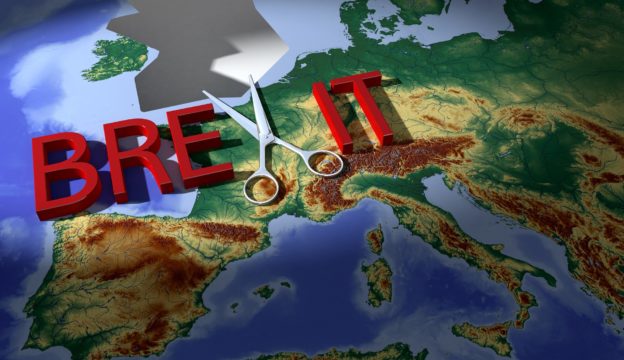As a reminder: Brexit should have taken place on 29 March 2019, 2 years after the United Kingdom’s invocation of Article 50. The Heads of State and Government have twice delayed the United Kingdom’s exit from the Union. On 21 March 2019, 8 days before the initial date, they granted a delay until 12 April if Theresa May failed to ratify the agreement approved on 25 November 2018. On 10 April, in the absence of ratification, they agreed to extend this deadline until 31 October.
On 17 October, the European Council approved the new version of the withdrawal agreement with the United Kingdom, which would have made it possible to carry out a well-organized Brexit on 31 October and to open negotiations on the future relationship between the Union and the United Kingdom as soon as possible.
On 19 October, at an extraordinary session, the House of Commons did not rule on the agreement but forced Prime Minister Boris Johnson to request a new deadline from the Union.
A new chapter of Brexit began on October 28 when Donald Tusk, the President of the European Council, formalized the news: the United Kingdom now has until January 31, 2020 to leave the European Union, unless the agreement of 17 October is not ratified by then.
Finally, the election of the British Parliament on December 12, 2019 enabled Boris Johnson to secure the vote for the agreement by the United Kingdom.
The Council adopted on 30 January 2020 the decision on the conclusion of the withdrawal agreement on behalf of the EU. This follows the European Parliament’s vote of approval on January 29, and the signing of the withdrawal agreement by the EU and the United Kingdom on January 24.
The withdrawal agreement will enter into force when the United Kingdom leaves the EU on January 31, 2020 at midnight CET. From this moment, the United Kingdom will no longer be an EU member state and will be considered as a third country.
The withdrawal agreement provides for an orderly withdrawal of the United Kingdom from the Union. It covers citizens’ rights, the financial regulation, a transitional period, the protocols on Ireland and Northern Ireland, Cyprus and Gibraltar, governance and other issues relating to separation. On the customs and commercial consequences of the withdrawal, we invite you to consult our previous briefs analyzing these subjects in detail on our DS blog dedicated to customs and international trade[1].
The entry into force of the withdrawal agreement marks the end of the period referred to in Article 50 of the TEU and the beginning of a transition period up to 31 December 2020. This transition period, provided for in the withdrawal agreement, aims to give citizens and businesses more time to adapt.
During the transitional period, the United Kingdom will continue to apply Union law, but will no longer be represented in the institutions of the EU. The transition period may be extended once by a maximum of one or two years, if both parties agree before July 1, 2020.
Negotiations on the future partnership between the EU and the United Kingdom will start once the United Kingdom has left the EU. The framework for these future relations was defined in the political declaration adopted by the two parties in October 2019.
These negotiations do not promise to be easy knowing that a few days before Brexit, the British Prime Minister has threatened the EU with “super-taxes”, thus excluding an extension of the transition period. These taxes could go up to 10% for German cars and up to 30% on certain French cheeses.
EU negotiator Michel Barnier, on the other hand, recalled that 9% of Union trade is with the United Kingdom when 47% of British exports of goods go to the European Union, and that in case of no trade agreement, the United Kingdom would trade with the EU “according to the common law of the World Trade Organization, which would mean the return of customs tariffs and quotas for each category of product entering European soil”.
***
DS Customs & Trade team is at your disposal to provide you with any additional information.
CONTACT US :

